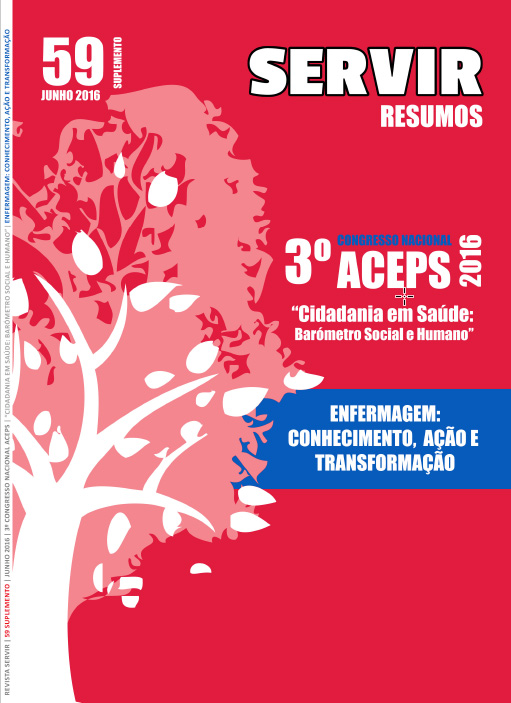A Spirituality in health
DOI:
https://doi.org/10.48492/servir0259.23097Palabras clave:
Spirituality, Human BeingResumen
Introduction
The human being is a spiritual being...
- Gifted with intelligence, will and emotional sensitivity.
- With deep social relationships, with ability to love and be loved.
- With the control of mind over the body, and the superiority of spirit over the matter.
- It is, therefore, a being in a project: a being that can decide and that can symbolize; a being with relations and that is growing; a being with needs.
- When someone falls ill, illness will weaken the self. It is not only the body that falls; it is also his ability to be full. To his biological loss other losses will be associated:
- Psychological and emotional losses, at the level of intelligence and will.
- Cultural losses, according to the inheritance of each place.
- Social losses at the level of the professional relationship and at the changes in environments.
- Natural losses caused by the condition that disease itself entails.
- And even spiritual and religious losses in the sensitive field that is familiar to that person.
Development
Spirituality, in human being, is fundamental to the balance of the self. Therefore, it may be through it that the person rebalances herself: it is culture; it is relationship and it is transcendence:
- Culture is a privileged form of spirituality. So, during convalescence and recovery periods, reading, music and art in all its dimensions are required.
- Human relationships are a form of spirituality highlighted by communication and sensitiveness. Relationships can defy loneliness, one of the most difficult situations, when someone is ill and alone in a health facility or even at home.
- Transcendence is the ability to overcome our own limits, meeting the Superior Being that can guide the whole life itself. Therefore it is very important any kind of religious perspective that every human being has with God, once it is a reference to all the stages of life.
Spirituality, in its whole, has an extraordinary therapeutic dimension because it takes the intelligence and the will, when in crisis, to another level, because it defies hope and invites to strengthen the relationship with God, according to the religious choice of each one.
The follow-up in “Compassion Therapy” is essential to the patient in the most difficult stages of his clinical development.
The constant presence of professionals, in each stage of therapeutic care, opens the door to compassion and raises a “non abandonment” feeling. In fact, professionals have to provide assistance continuously, even in the most difficult situations.
The assistance of the family is also essential with all the emotional relationships, during a time where “palliative” treatments, tenderness and affection are failing, and those are as important as chemical palliatives.
Every religious order has its own spiritual accompaniment force. Catholic faith allows, during the union with God, to raise serenity and trust which open the door to hope.
- Prays enlarge the confidence level, allowing to believe that you are not alone because God is always there for you.
- The Sacraments: the Anointing of the Sick, a sacrament of life, and the Holy Viaticum, which is a step to meet God.
- The Holy Eucharist, which is a meal of joy and peace in times of suffering.
Conclusions
The spiritual life of a person and a Christian Community is the support during the time of sickness, even in irreversible diseases cases.
The spirituality of religious matter, according to the belief of each one, is also a healing element or it can be a process that relieves suffering.
Descargas
Descargas
Publicado
Cómo citar
Número
Sección
Licencia
No intuito de promover a livre circulação do conhecimento, a Servir funciona em regime de acesso livre (open access). Todo o seu conteúdo está disponível e protegido sob a licença Creative Commons (CC BY 4.0).
A revista permite o auto-arquivo em repositórios institucionais de todas as versões, podendo ficar imediatamente disponíveis.






